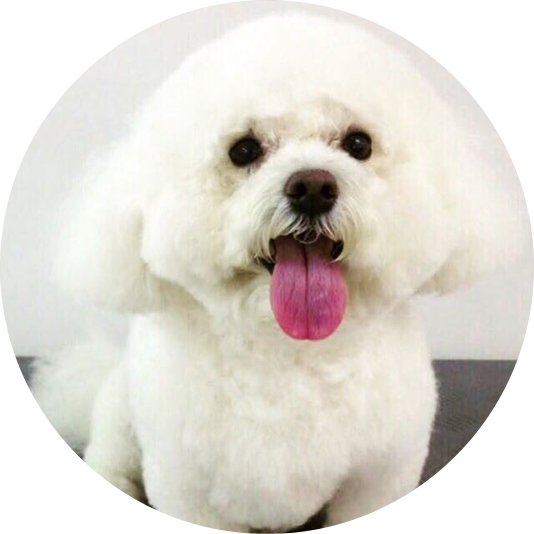Poodle
Proud, great entertainers with an abundance of hair
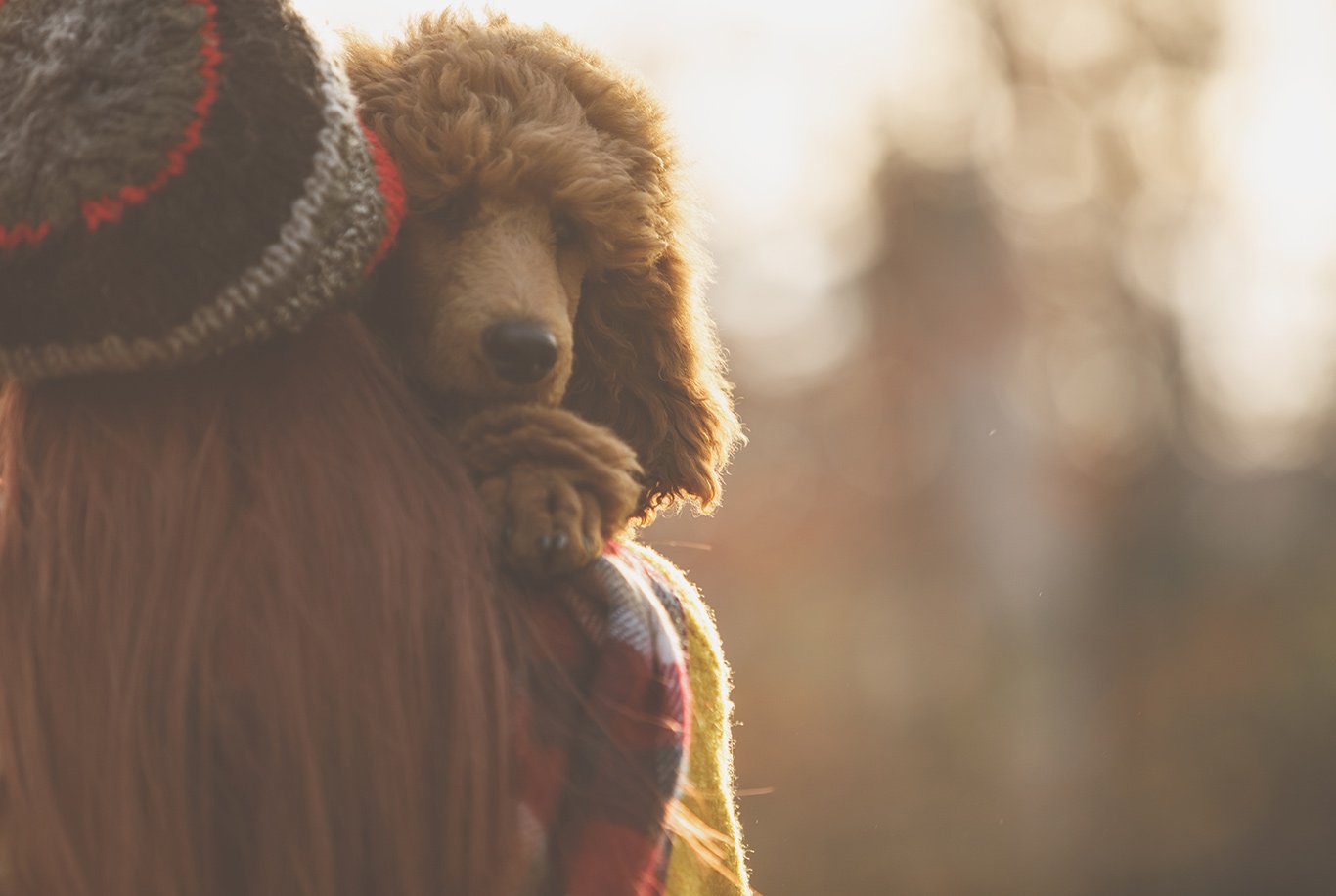
Poodles come in three varieties. There are a Standard Poodle, Miniature Poodle and Toy Poodle that only vary in size. The Standard Poodle is the oldest of all three types. Instead of typical coat poodles have long, always growing hair that does not shed, which is why they were classified as hypoallergenic.
 Country of origin: Country of origin: |
Germany, France |
 FCI group: FCI group: |
Group 9, Section 2 Poodle #172 |
 Temperament: Temperament: |
Intelligent, Alert, Active, Faithful, Instinctual, Trainable |
 Colors: Colors: |
Black, White, Cream, Sable, Black & White, Blue, Grey, Silver, Brown, Red, Apricot |
 Weight: Weight: |
Female: 18–23 kg, Male: 23–25 kg |
 Height: Height: |
Toy Poodle: 24 – 28 cm, Miniature Poodle: 28 – 35 cm, Standard Poodle: 45 – 60 cm |
 Life expectancy: Life expectancy: |
from 12 to 15 years |
Poodle puppies
Poodles are considered to be one of the most intelligent dog breeds. Because of their high intelligence poodles typically respond well to training. These high-energy dogs should be provided with a physical exercise prior to any training, so they are fully focused on learning new skills. They make for great tasks and tricks dogs if trained well in this area. Despite being quite an intelligent breed Poodles may struggle with socialization. Socializing your dog at a young age, both with other dogs, animals and people can much improve your Poodle’s behaviour in his adulthood. Since Poodles hair is constantly growing they require regular grooming and handling. Poodle puppies should go through handling training to get them accustomed to having their paws touched and their hair trimmed. Depending on the size of your poodle, you should choose their diet accordingly. For Toy and Miniature Poodle puppies it is best to feed a diet aimed specifically at small dogs, like Valp Mini. For a Standard Poodle puppy, Valp will be a great choice.
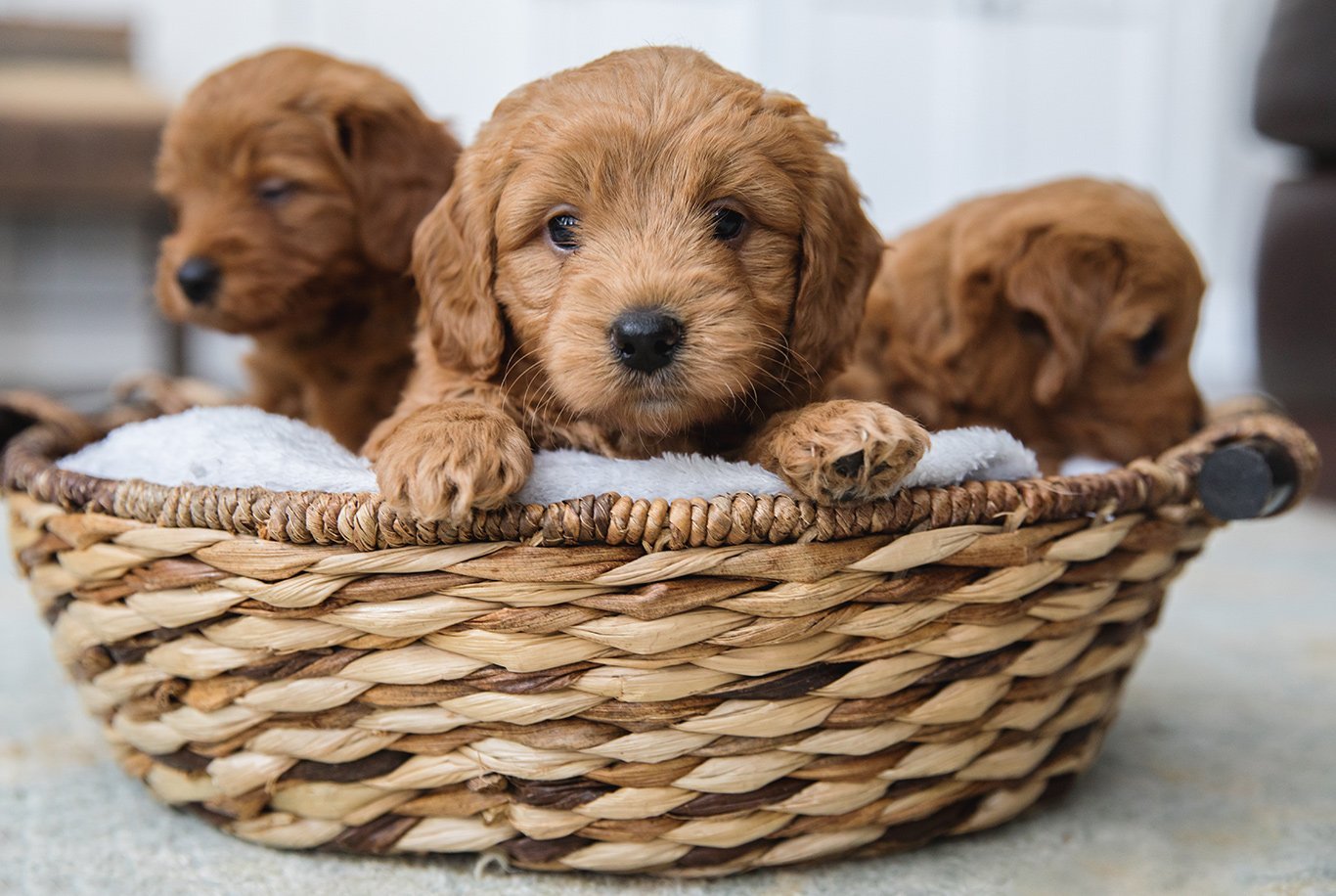
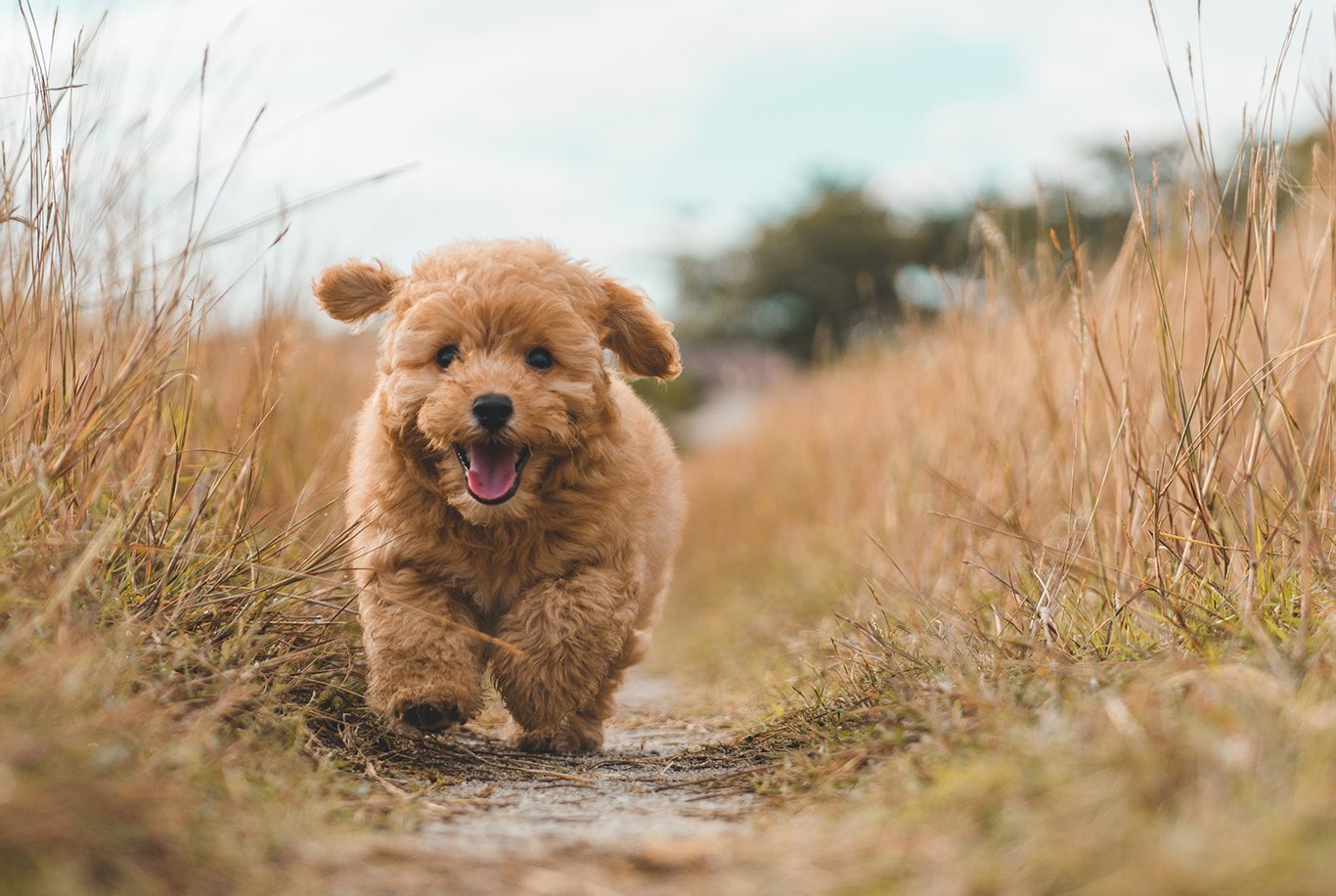
Poodle’s nutrition
Poodles can be incredibly sensitive on many different levels, including food. It is vital to always choose a high-quality diet developed from natural ingredients. Poodles can show signs of food intolerance or sensitivity, especially with formulas with gluten in them. Switching to gluten-free diets developed with sensitive digestive systems in mind can prove beneficial to the overall health of your Poodle. Optimal Sensitive with rice and chicken is a great choice if you want to switch your dog’s diet. Always remember to introduce the new food gradually, mixing the new food with your dog’s current diet. Whenever your dog shows any signs of food intolerance or sensitivity even after switching to a gluten-free formula, elimination diet should be introduced. You should feed your dog a new food source of protein and carbohydrates for 12 weeks to see if symptoms subside or disappear. Digest from Husse range, formulated with lamb and rice, is a great base for an elimination diet. Poodles are prone to gastric dilatation-volvulus which occurs when twisting of the stomach causes a build-up of excess gasses or is triggered by such occurrence. The risk of GDV is increased with fast eating or having your dog’s bowl raised off the ground. Using a slow-feeding bowl, like Skal from Husse range, can decrease the chances of GDV occurring.
Sensitive Optimal | Complete nutrition for active sensitive dogs
Sensitive Digest | Hypoallergenic dry food for dogs with digestive sensitivities
Detailed description of Poodle
Poodles come in three size varieties that span across small and medium sizes of dog breeds. They have long hair that constantly grows and is shed very rarely. The Poodle has become the national dog of France.
Genesis
Although Poodle was claimed by France as their national dog, this breed originated in Germany as duck hunting dogs. With curly coats protecting this dog breed in a variety of weather conditions as well as it’s outstanding intelligence, for years Poodles were considered exceptional retriever dogs. Back then even the characteristic shave patterns had the practical motivations. Since hunters needed agile dogs, even when swimming, shaving legs, neck and tail ensured a full range of movement in the water. Rounded tufts of coat left on hips, chest and joints served as protection from the cold on vital areas of the body. With their original looks Poodles made for an interesting choice of companion for many nobles in France and later throughout Europe. Both the breed’s unconventional appearance and high trainability made it a great entertainer which led to the long association of Poodles with European circus.
Appearance
Poodles are built squarely and well proportioned. Their coat is composed of a single-layer of dense curls that sheds minimally. Short hair should form tight curls close to the body. They can come in a vast variety of colours, as long as the full coat is one colour. This dog breed has a rather long and narrow head with delicate muzzle, dark, oval-shaped eyes and ears that fold close to the head. Poodles are bred in a variety of types, which are distinguished by the adult height at the withers. The size should be the only difference between Standard, Miniature and Toy Poodles.
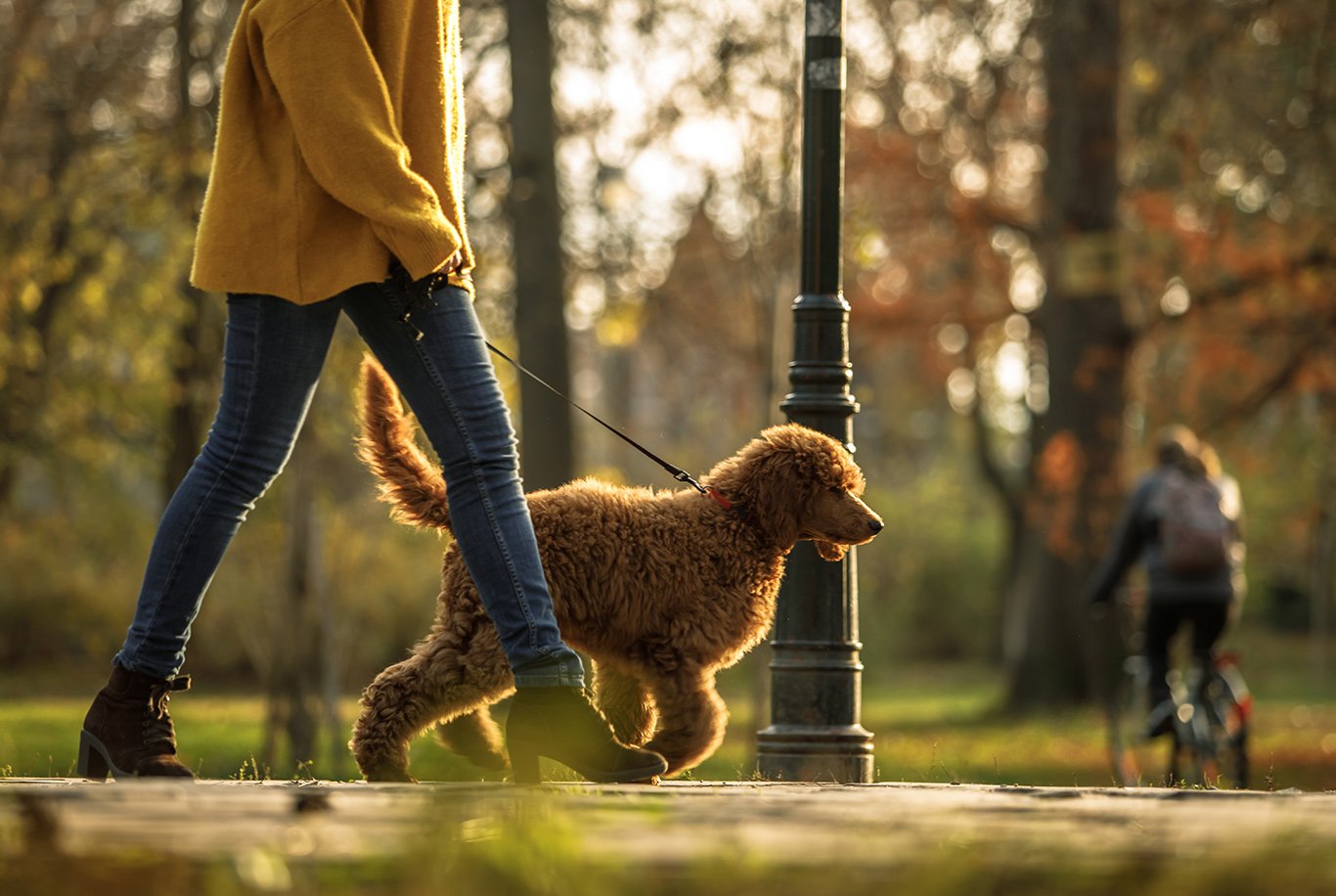
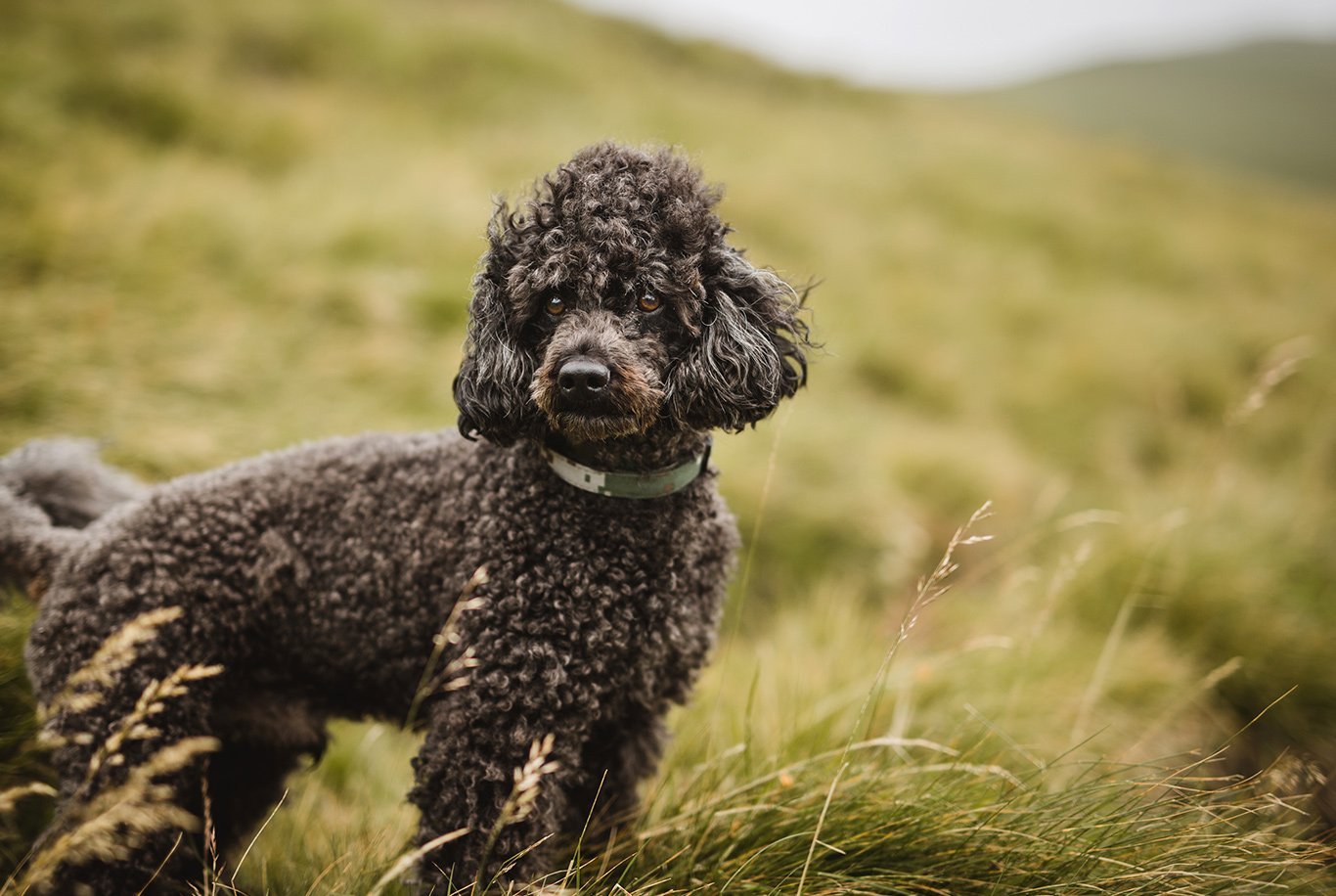
Behaviour
Poodles are highly intelligent and trainable dogs. They are quite agile, energetic, smart and graceful. This breed is very sociable and people-oriented and if a Poodle finds training fun and positive this dog will be quick to please the owner. Poodles are athletic and eager, make for a stunning sporting dog, trick learner and overall pleaser and entertainer. These dogs excel at a good variety of canine sports, like agility, tracking or obedience. Typical Poodles should be reserved with strangers upon introduction but with time should become warm if the new person means no harm. Poodles are not territorial or particularly aggressive, but well cared for and loved dogs of this breed will show devotion and loyalty - whenever they see their owner in danger they can become protective. Overall, Poodles are quiet, calm and loveable.
Requirements
As highly intelligent and energetic dogs Poodles require both physical and mental exercise in order to stay in good shape and health. These dogs enjoy keeping busy and are eager for any form of exercise. They are particularly fond of swimming, with their history of retrieving ducks from water. Bred as hunting dogs, they will be more than happy to play fetch with any toys, sticks or balls since it’s a great way to exercise them both physically and mentally.
Daily care
With their long, constantly growing hair Poodles need daily brushing to prevent the coat from matting. It’s necessary to brush thoroughly all the way to the roots otherwise, hair can tangle at the base and will need to be shaved close to the skin. Apart from regular brushing The continuously growing coat requires trimming and bathing every 4-6 weeks. The estimated time spent on grooming a Standard Poodle comes up to 10 hours a week.
 dr Anna Plummervet and blogger
dr Anna Plummervet and blogger













_400x400.jpg)


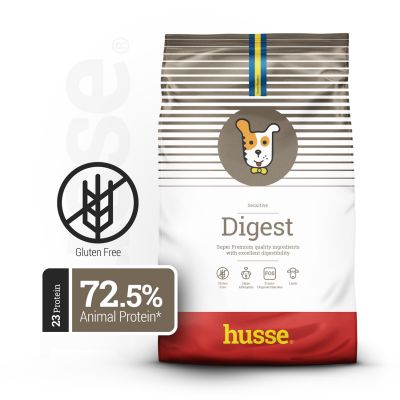


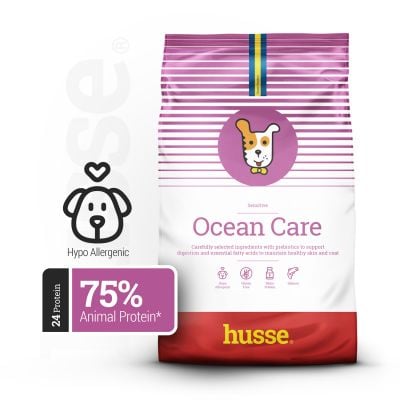
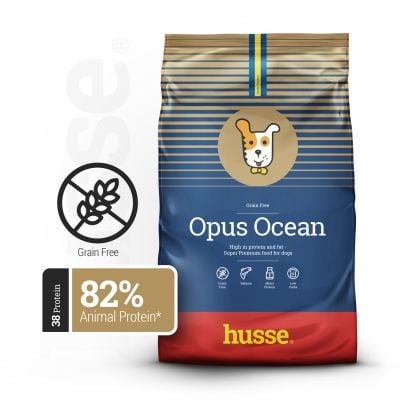
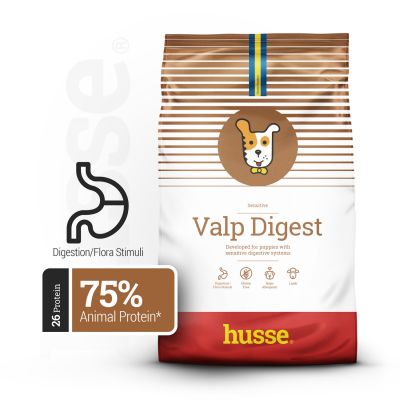
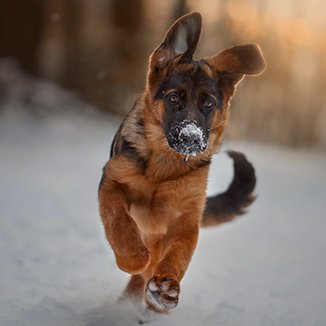 German shepherd
German shepherd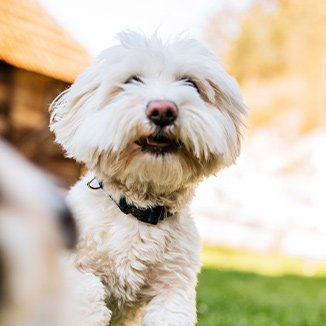 Maltese
Maltese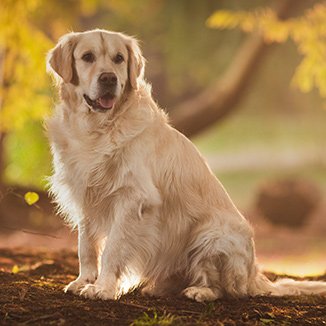 Golden retriever
Golden retriever Beagle
Beagle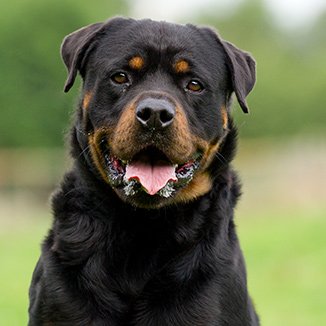 Rottweiler
Rottweiler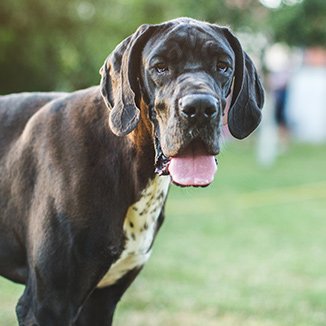 Great Dane
Great Dane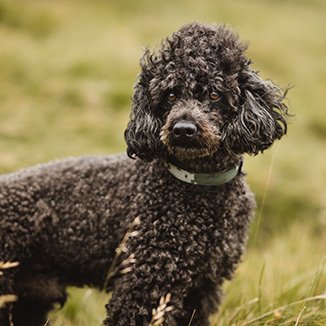 Poodle
Poodle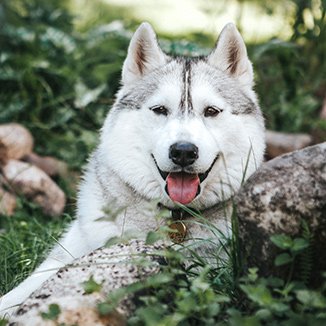 Siberian husky
Siberian husky French bulldog
French bulldog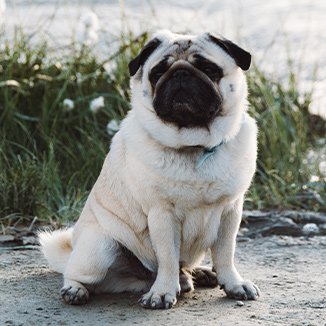 Pug
Pug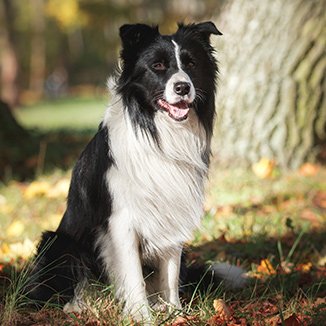 Border collie
Border collie Chihuahua
Chihuahua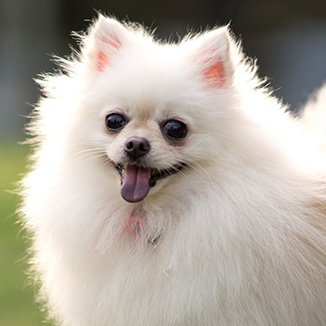 Pomeranian
Pomeranian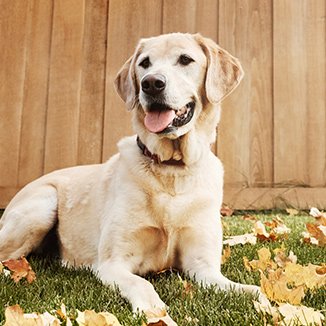 Labrador retriever
Labrador retriever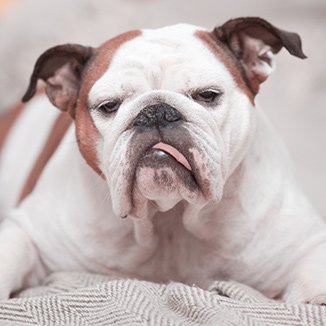 English bulldog
English bulldog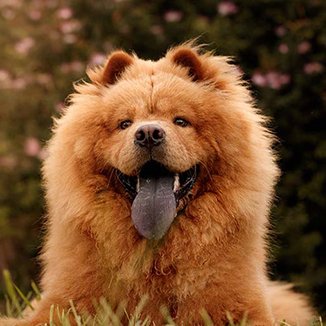 Chow chow
Chow chow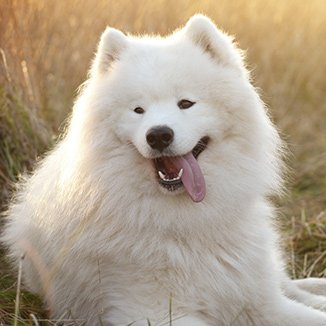 Samoyed
Samoyed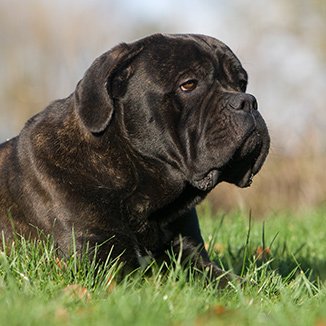 Cane corso
Cane corso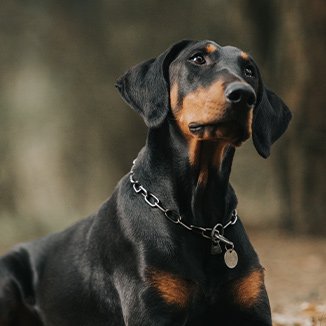 Doberman
Doberman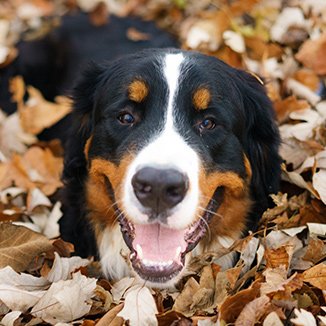 Bernese Mountain Dog
Bernese Mountain Dog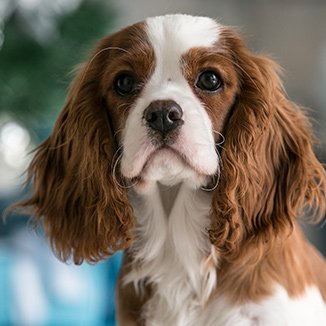 Cavalier King Charles Spaniel
Cavalier King Charles Spaniel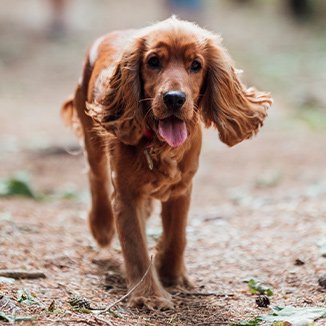 Cocker Spaniel
Cocker Spaniel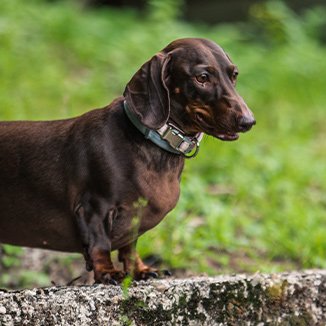 Dachshund
Dachshund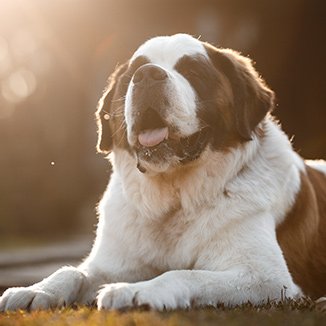 St. Bernard
St. Bernard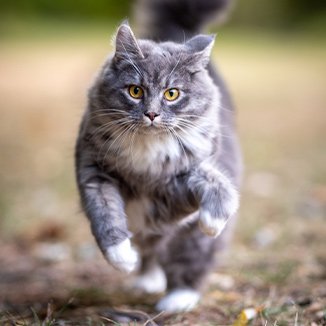 Maine coon
Maine coon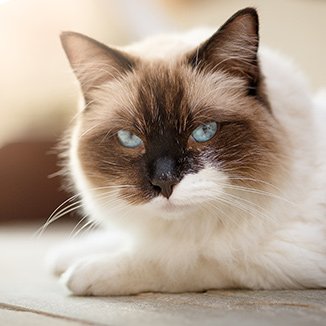 Ragdoll
Ragdoll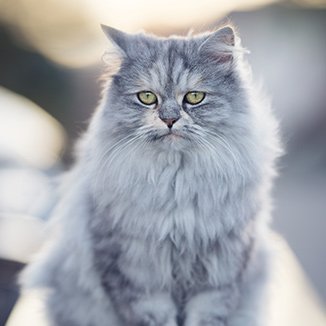 Persian cat
Persian cat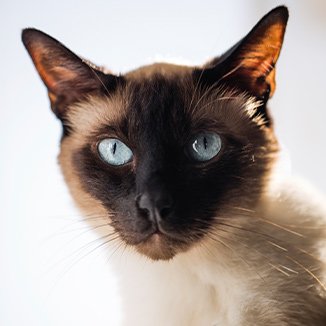 Siamese cat
Siamese cat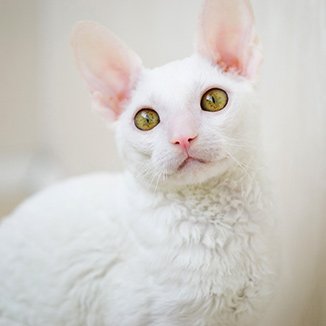 Cornish rex
Cornish rex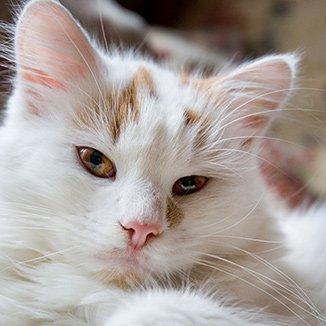 Turkish van
Turkish van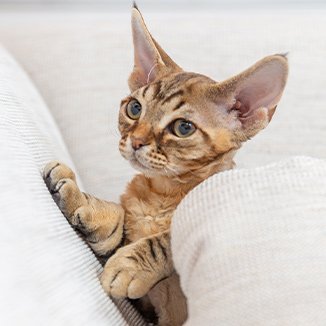 Devon rex
Devon rex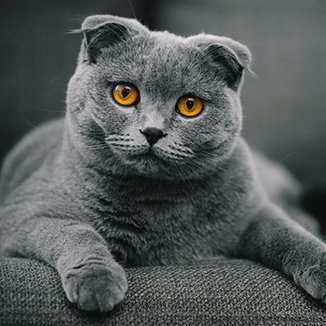 Scottish fold
Scottish fold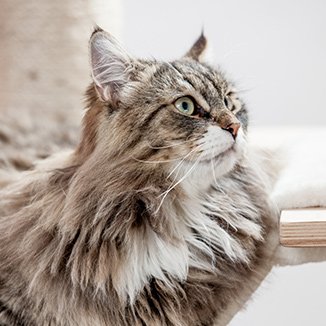 Siberian cat
Siberian cat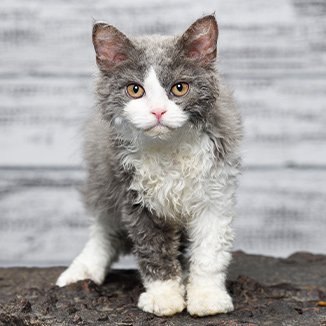 Selkirk rex
Selkirk rex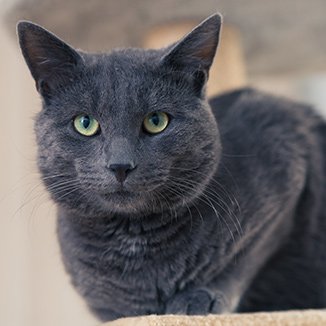 British shorthair
British shorthair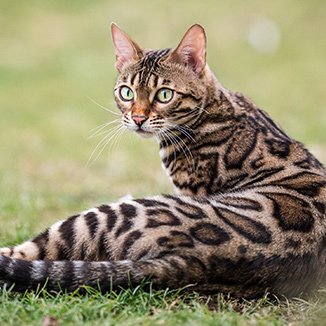 Bengal cat
Bengal cat1.jpg)
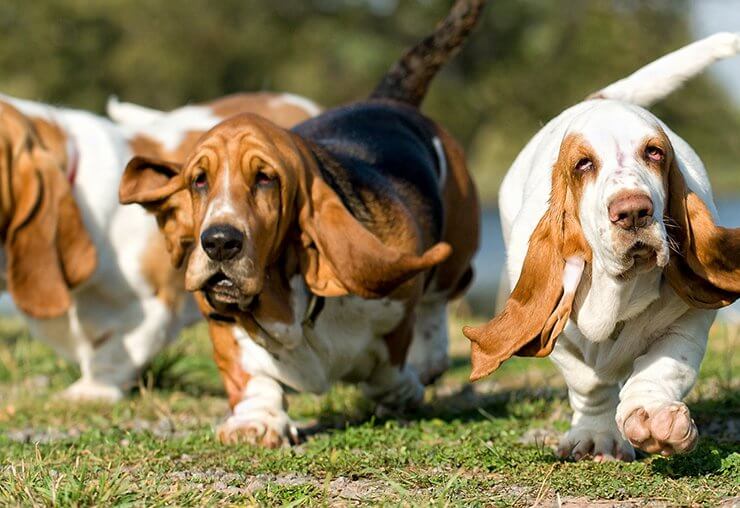
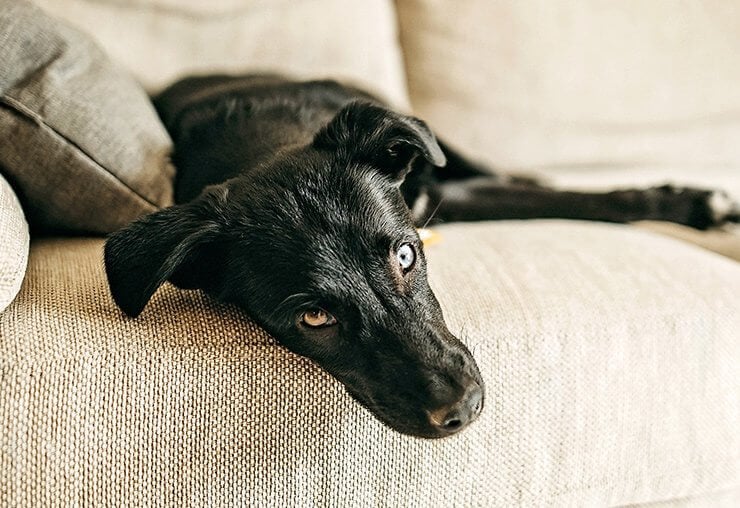

.png)
